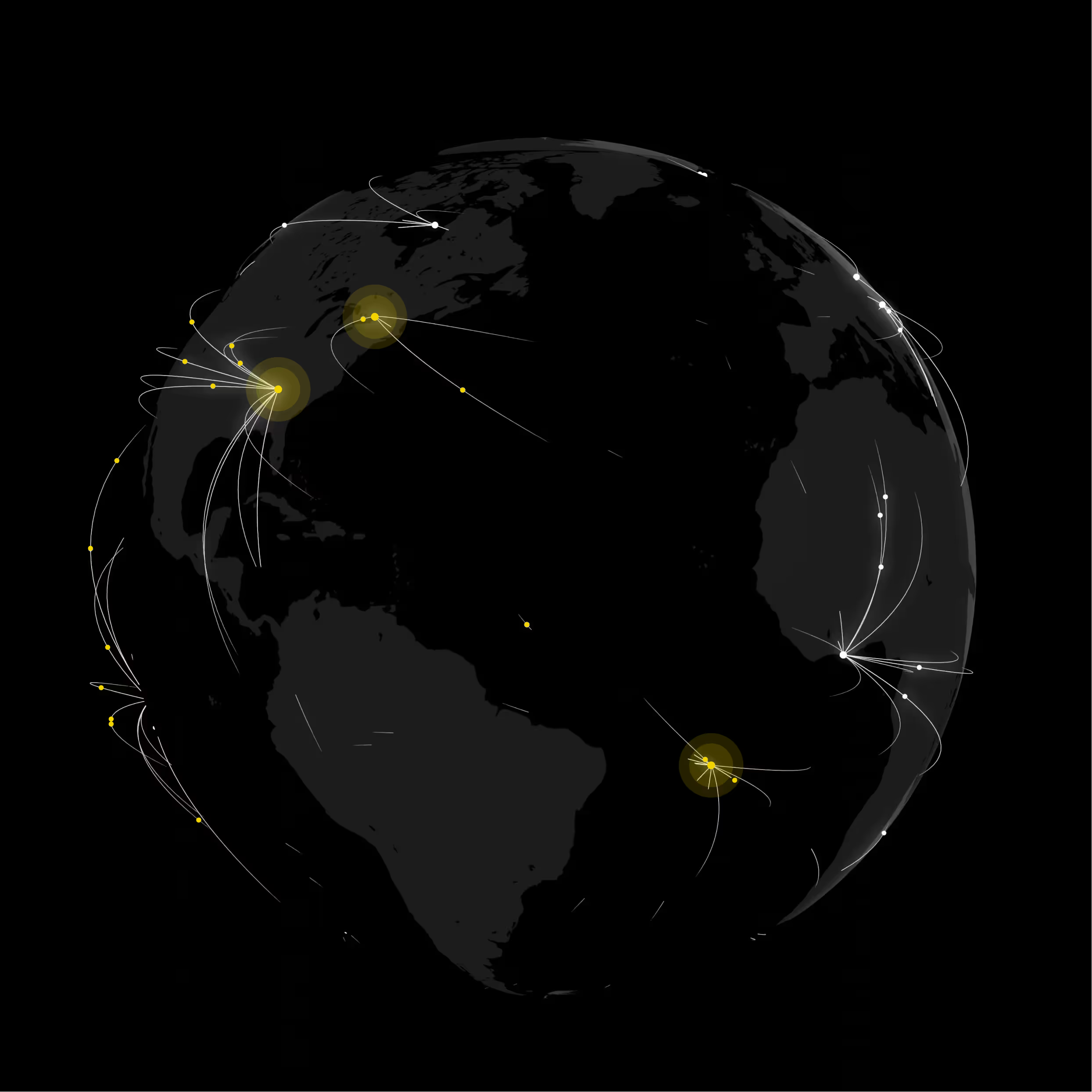
Get Street-Level Insights
Charleston, South Carolina, as sometimes known as "The Holy City" due to its numerous church steeples dotting the skyline, has a rich history that intertwines deeply with the story of America. The city has seen a variety of crime and safety challenges throughout its history, particularly given its role in the Civil War and as a bustling port city. In recent years, Charleston has experienced a renaissance, with a focus on preserving its historic charm while improving safety and reducing crime. However, like any urban area, issues related to crime in Charleston still exist. The city is also known for its vibrant culture, including its famous Southern cuisine, its annual Spoleto Festival USA, and as a top destination for tourists seeking a mix of history, architecture, and coastal beauty.
In terms of contemporary history, Charleston has seen its share of protests and public demonstrations, particularly in response to national conversations about race and history. The city's response to such events has been noted for its focus on maintaining peace and order. Efforts to address crime in Charleston have included community policing and engagement strategies that have been largely successful in fostering a safer environment for residents and visitors alike.
Local Security Tips
- The Battery: Stay aware of your surroundings, especially after dark. It's best to explore this historic promenade in groups.
- Charleston City Market: Keep personal belongings secure and be cautious of pickpockets, a common issue in crowded marketplaces.
- King Street Shopping District: Be mindful of traffic when strolling through this busy area, and keep an eye on your purchases at all times.
- Waterfront Park: While it's a beautiful spot for a stroll, avoid isolated areas at night and stay in well-lit places.
Local Regulations
Firearm Policy
Charleston follows South Carolina state law, which requires a permit to carry a concealed weapon. Open carry is not permitted within city limits, and firearms are prohibited in certain locations, such as schools and government buildings.
Public Drinking Policy
Public consumption of alcohol is illegal in Charleston. Alcohol can only be consumed in private residences or licensed establishments. Violators can face fines and arrest.
Emergency Contact Lists
Department for Non-Emergency Services
- Charleston Police Department Non-Emergency: (843) 743-7200
Leading Hospitals
- Medical University of South Carolina (MUSC): (843) 792-2300
- Roper Hospital: (843) 724-2000
- East Cooper Medical Center: (843) 416-6000
- Trident Medical Center: (843) 797-7000
Make Data Driven Security Recommendations
Know the neighborhood
Boundary maps make it easy to see the varying risk profile of communities within a city.
Identify hotspots
Heat maps demonstrate specific areas where relevant activities are known to be concentrated.
Delve into the details
Drill down to the latitude longitude of individual events for maximum context informing security recommendations.












